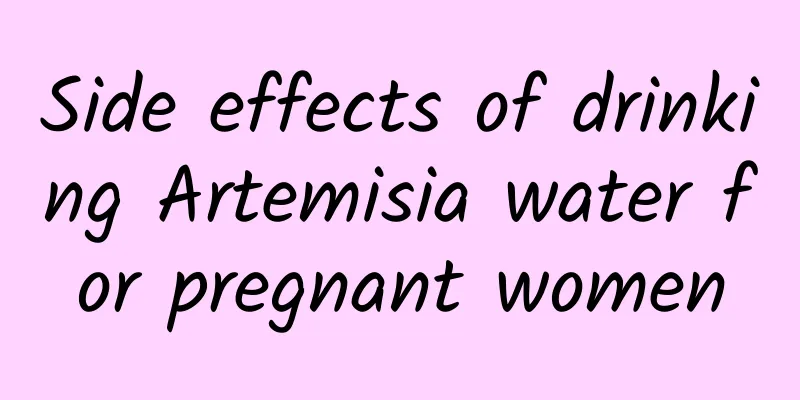Symptoms of enteritis

|
In many cases, enteritis is caused by some bacteria or viral infections. If we do not pay attention to hygiene in our daily diet, it may also lead to enteritis, which will pose a great threat to our health. Do you know the specific manifestations of enteritis? Let’s take a closer look now! I hope everyone will pay attention to their diet. Many times when we find ourselves having some gastrointestinal diseases, we fail to pay attention to them in time. However, even this will bring greater threats to our health. Therefore, we hope that patients and friends will never ignore this kind of gastrointestinal health problem in their lives. Patients with acute enteritis Acute enteritis is an acute inflammatory change in the gastrointestinal mucosa caused by eating foods containing pathogens and their toxins, or improper diet, such as excessive intake of irritating and indigestible foods. Its pathological manifestations include congestion, edema, and increased mucus secretion of the gastrointestinal mucosa, sometimes accompanied by bleeding and erosion. In my country, the incidence rate is higher in summer and autumn, with no gender difference. The general incubation period is 12-36 hours. Nausea, vomiting and diarrhea are the main symptoms of acute gastroenteritis. Why does acute gastroenteritis cause vomiting and diarrhea? This is caused by nerve reflex. In acute gastroenteritis, bacteria, toxins or inflammation of the gastrointestinal mucosa stimulate the receptors in the digestive tract, and impulses are transmitted to the vomiting center in the medulla oblongata, causing excitement of the vomiting center. The impulses reach the stomach, diaphragm, respiratory muscles, abdominal muscles, pharynx, palate, epiglottis, etc. through the efferent nerves, causing a series of coordinated movements that constitute the vomiting action. At the same time, due to the inflammatory stimulation of the intestinal mucosa, the intestinal contents increase, which directly or reflexly causes increased intestinal motility and reduced absorption function, resulting in diarrhea. Since vomiting and diarrhea have a certain protective effect on the human body under certain circumstances, different measures should be taken clinically according to different situations. For example, in case of food poisoning or accidental ingestion of poison, not only should antidiarrheal drugs not be given, but on the contrary, emetics and laxatives should be given to promote the excretion of poison. If vomiting and diarrhea are caused by gastrointestinal inflammation, in order to reduce the adverse effects of water-salt metabolism and electrolyte imbalance on the body, antiemetic and antidiarrheal treatments should be given while actively treating the cause. Enteritis can be divided into chronic and acute types, but no matter what type of enteritis it is, it will have adverse effects on our health. That is to say, in our lives we should pay attention to the prevention and treatment of these diseases to reduce the various harms it brings to our body. |
>>: What to do if you have enteritis and fever
Recommend
What are hot flashes and night sweats?
For most men, they are afraid of having night swe...
What to do if there are white fat particles on the nipples
There are white fat particles on the nipple. Gene...
What to eat when you have a lumbar injury
In today's life, it can be said that there ar...
How to store fresh ginseng
Now that people's living standards have impro...
Anti-inflammatory drugs for fallopian tube obstruction
The fallopian tube is a very important part of th...
Calf liposuction sequelae
If your calves are too thick and have too much fa...
What are the symptoms of bronchial spasm? How to treat it?
Generally speaking, in life, when people suffer f...
Is lymphoma hereditary?
Lymphoma is not hereditary and there is no geneti...
How to quickly reduce fever in adults
Fever is a very dangerous symptom of a cold. In m...
Can a bad stomach cause pharyngitis?
Some diseases are caused by not paying attention ...
Is breast enhancement with traditional Chinese medicine reliable?
Breast augmentation is not unfamiliar to women. T...
How to cure snakebite quickly?
Snakehead herpes is a very serious viral infection...
What medicine should I take for cough and runny nose?
Many babies often have coughs and runny noses whe...
Qizhen Pills: Efficacy and side effects
The main ingredients of Xiaoer Qizhen Pills are o...
Can I get dental fillings while breastfeeding?
Many mothers will have problems with their teeth ...









